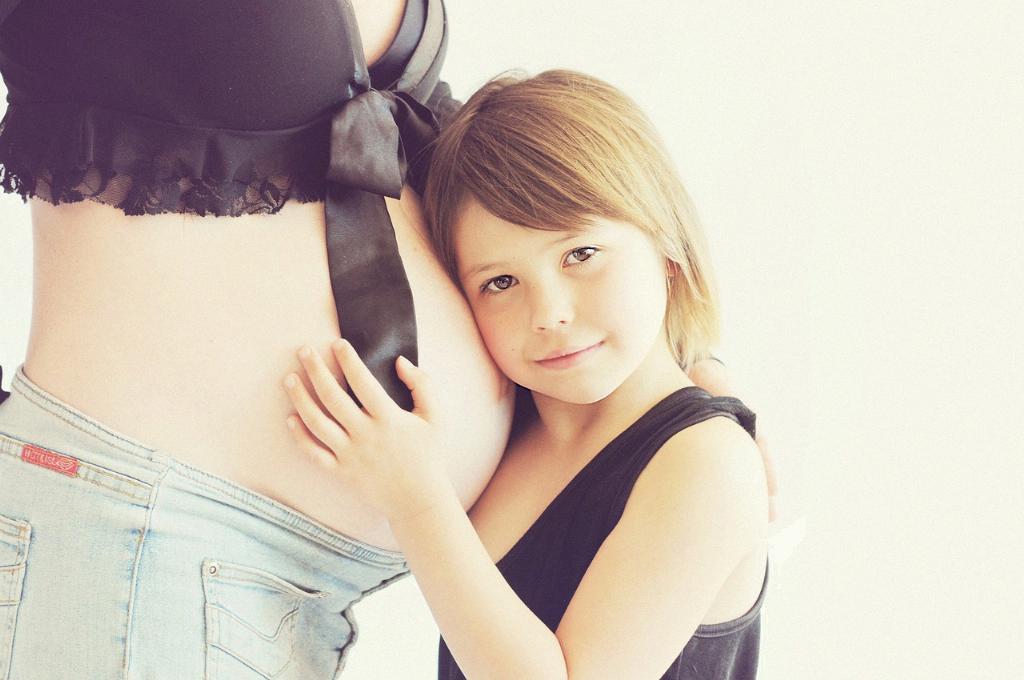Feeling nauseous at 38 weeks pregnant can be quite common among women who are nearing the end of their pregnancy journey. It can be attributed to a combination of factors that are all related to the body’s preparation for labor and delivery.
Changes in Hormones
At 38 weeks pregnant, your body is undergoing significant hormonal changes as it prepares for childbirth. The surge in certain hormones, such as prostaglandins and oxytocin, can contribute to gastrointestinal distress, including nausea and indigestion.
Pressure on the Stomach
As your baby grows and descends lower into the pelvis in preparation for birth, the increasing pressure on your stomach and other abdominal organs can lead to feelings of nausea and discomfort. This pressure can also affect digestion and contribute to symptoms like vomiting and diarrhea.
Braxton Hicks Contractions
During the final weeks of pregnancy, Braxton Hicks contractions, also known as “practice contractions,” become more frequent and intense. These contractions can sometimes cause nausea and a sense of unease as the body readies itself for labor.
Stress and Anxiety
As the anticipation of labor and delivery builds, many women experience heightened levels of stress and anxiety. These emotional factors can manifest physically and lead to symptoms like nausea and gastrointestinal disturbances.
Dehydration and Fatigue
Staying hydrated is crucial during pregnancy, especially in the later stages. Dehydration can exacerbate feelings of nausea and general discomfort. Additionally, the fatigue that often accompanies the third trimester can contribute to a sense of queasiness.
Increased Sensitivity to Smells
Many pregnant women experience heightened sensitivity to smells, known as hyperosmia. Strong odors that were once tolerable may now trigger feelings of nausea and even induce vomiting, particularly in the later stages of pregnancy.
Effect of Prenatal Vitamins
While important for supporting the health of both mother and baby, prenatal vitamins can sometimes cause gastrointestinal side effects, including nausea. If you find that your prenatal vitamins are making you feel queasy, speak to your healthcare provider about possible alternatives.
Increased Uterine Activity
As your uterus prepares for labor, it may exhibit increased activity, such as more frequent contractions or a higher baseline level of tone. This heightened uterine activity can sometimes be accompanied by feelings of nausea or general gastrointestinal discomfort.
Food Aversions and Cravings
During pregnancy, many women experience changes in their food preferences, including aversions to certain smells and tastes. Food aversions and cravings can play a role in triggering nausea, especially if certain foods are particularly off-putting or enticing to you at 38 weeks pregnant.
Consulting Your Healthcare Provider
If you are experiencing persistent or severe nausea at 38 weeks pregnant, it is essential to discuss your symptoms with your healthcare provider. They can help determine the underlying causes of your discomfort and provide guidance on alleviating nausea and promoting overall well-being as you approach your due date.
Conclusion
Feeling nauseous at 38 weeks pregnant can be a challenging symptom to navigate, but it is often a normal part of the late stages of pregnancy. By understanding the various factors that can contribute to nausea, including hormonal changes, physical pressure, emotional stress, and dietary considerations, you can better manage your symptoms and focus on preparing for the arrival of your little one.

